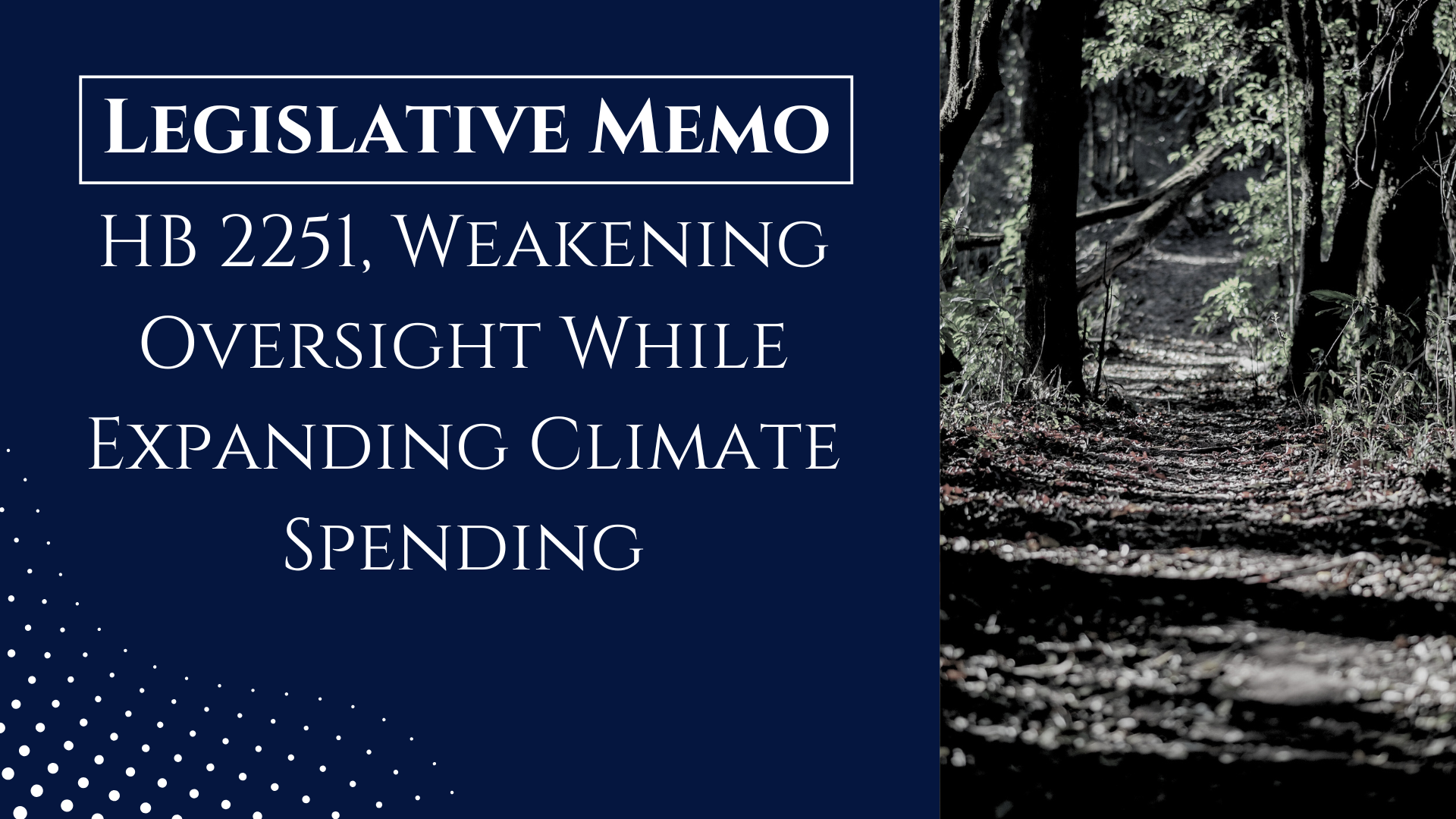House passes bipartisan bill to protect Washington dams; WPC research key to debate
Critical legislation would protect Washington’s renewable energy supply, Ag economy, environment
Wednesday, April 25, 2018
KENNEWICK – The United States House of Representatives today passed a bipartisan piece of legislation aimed at protecting dams up and down the Snake and Columbia rivers in Washington state.
The bill, H.R. 3144, was sponsored by Washington lawmakers Rep. Cathy McMorris Rodgers, Rep. Dan Newhouse, and Rep. Jaime Herrera Butler, as well as Oregon’s Rep. Greg Walden and Rep. Kurt Schrader and Idaho’s Rep. Raul Labrador.
“This is a win for science, for the people of the region, and for salmon,” said Todd Myers, Environmental Director for the Washington Policy Center and a member of the Puget Sound Salmon Recovery Council. “The fixation on destroying the Snake River dams has been a distraction and impediment to bringing salmon advocates, tribes, sport fishers, and others together to focus on the biggest threats to salmon recovery.”
The legislation keeps in place a framework agreed to under the Obama administration in cooperation with state governments, tribes, and public and private power groups. That framework, known as the Federal Columbia River System Biological Opinion (BiOp), rightly concluded that dams and fish can co-exist. In fact, NOAA Fisheries noted last year that the dams “are very close to achieving, or have already achieved, the juvenile dam passage survival objective of 96 percent for yearling Chinook salmon and steelhead migrants.”
That success is in contrast to the consistently erroneous claims of those looking to destroy the dams. In 1999, for example, the Sierra Club, American Rivers and others paid for an ad in the New York Times claiming, “wild Snake River spring chinook salmon…will be extinct by 2017.” In fact, the number of adult spring chinook salmon passing Lower Granite Dam has been increasing during the last two decades.
Despite that, under the theory it could protect fish runs, a federal judge recently ordered additional spills of water over the four lower Snake River dams at a potential cost to electric ratepayers of up to $40 million dollars per year. The federal government was also ordered to consider destroying the dams altogether.
Under H.R. 3144, Congressional approval would be needed for any dam modifications or additional water spill until at least 2022. The legislation passed 225 to 189. It now heads to the Senate for consideration.
The critical legislation reflects WPC’s recommendations to protect the region’s renewable energy supply, Ag economy and environment -- key factors for the Northwest’s U.S. Senators to consider. Other considerations include:
- Energy Information Administration: About 70% of Washington’s electricity comes from hydropower
- Nearly 90% of Seattle City Light’s electricity comes from hydropower
- EPA: Snake River Dams provide 7.1% of the electricity used in Washington state – the equivalent of all wind and solar in the state
- Loss of Snake River Dams would mean loss of carbon reduction, valued at $55.6 million
“The carbon- free energy is extremely valuable at a time when carbon policy is a central consideration of Washington and Oregon and the region is looking to move away from coal-burning electricity,” Myers said. “As demand for electricity increases as projected and constraints on carbon emissions become tighter, the value of the carbon-free energy will increase.”
ADDITIONAL WPC RESOURCES:
Groups pushing to destroy dams get some basic facts wrong
Greens question 95% of Seattle City Light’s carbon free electricity
Errors and arbitrary assumptions plague study on replacing energy from Snake River Dams
Removing dams is bad for fish and bad for the economy
The high cost of tearing down the Snake River Dams
Media Contact: Todd Myers 206-963-3409
###






